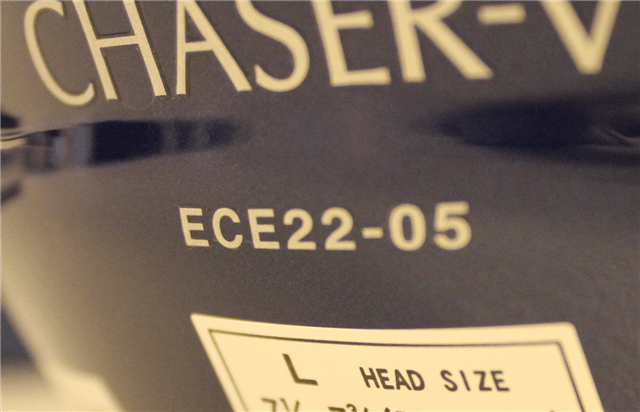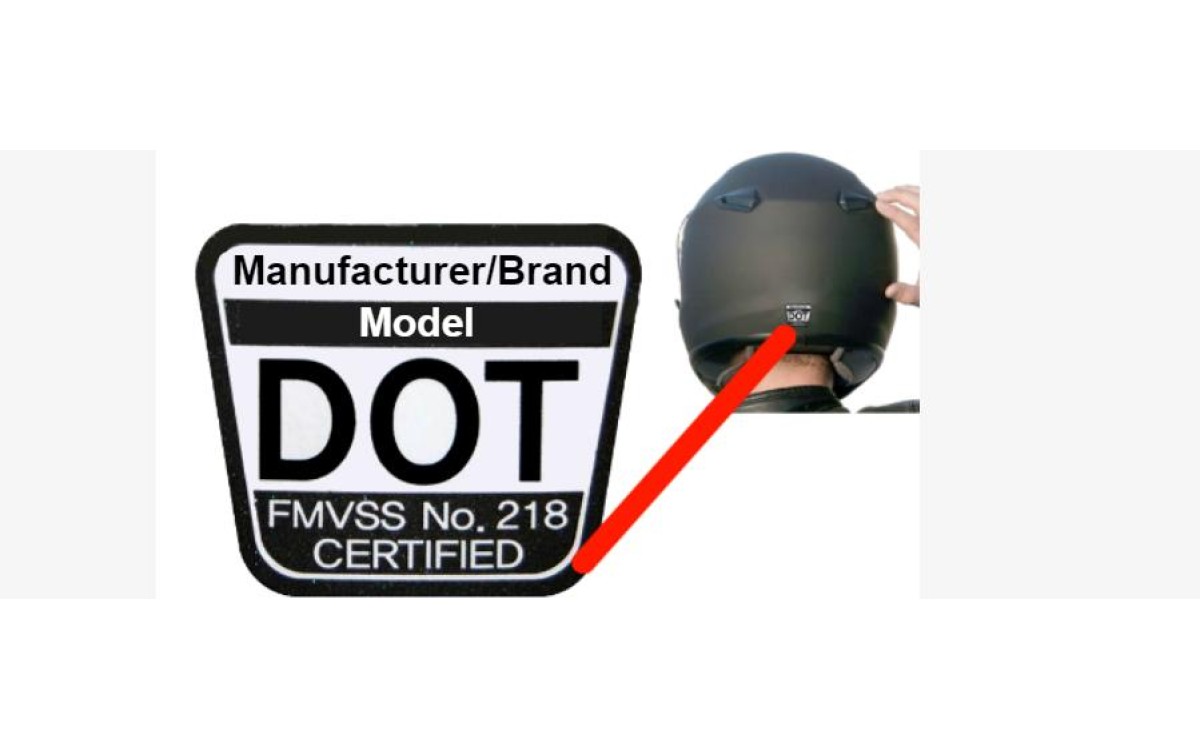You may be aware by now that the Malaysian authorities only allow the usage of helmets with the UN ECE R22.05 and SIRIM certifications.
But debates have been raging among bikers about helmets that are DOT-certified only, which are banned. Apart from the pudding bowls, some DOT full-faces do look safe.
So, why are they not allowed?
Unlike popular belief, the current DOT testing standard is similar to the UN ECE R22.05’s. The main difference, however, is when were the helmets tested.
The standard is the US Department of Transport Federal Motor Vehicle Safety Standard (DOT FMVSS) No. 218. The department in question allows the helmet manufacturers to self-test their products. Should the helmets meet DOT’s requirements, the manufacturers then apply the DOT Certified sticker. The sample helmet is not tested prior to full production, unlike the ECE R22.05 requirements.
The department will then assign a testing lab to buy the helmets off the shelves and test them.The American National Highway Traffic Safety Administration (NHTSA) contracted the independent Act Labs to conduct tests on DOT-certified helmets in the market from 2014 to 2019.
They came back with an alarming finding that of the 167 they tested, 43.1 percent (72 pieces) had failed performance tests.
Failing the tests could have the maker facing stiff fines of up to USD 5,000 per helmet made. They may also be required to recall those that have been sold.But that does not seem to discourage the manufacturers from flouting the rules. Besides that, there were only 12 recalls since 2014, amounting to a mere 16.6 percent of the helmets sold.
That’s almost a 50/50 chance that you may buy a helmet that does not provide adequate protection.
Act Labs also tested well-known brands such as Arai, Bell, HJC, Scorpion, Shoei among others and they passed. This means we should seek brands that test their products and are certified to other standards such as the aforementioned ECE R22.05 or SNELL, in addition to DOT.

On the other hand, there are certain helmets that certified to both DOT and ECE R22.05, so those are allowed.

